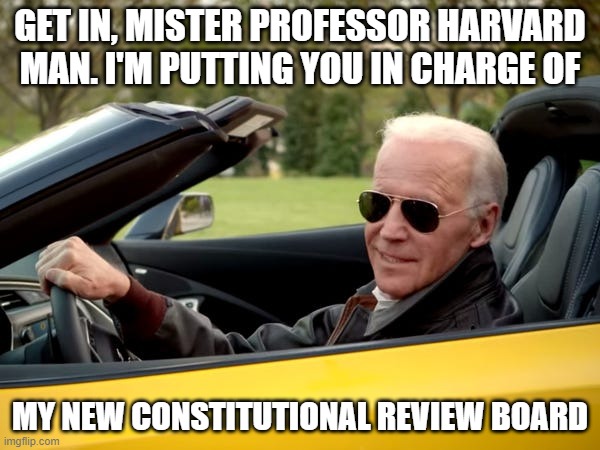Once a militia has been organized IT is subject to certain rules and restrictions. I can go along with that.The closest dictionary I could find to the adoption of the second amendment in 1791 was
Websters Dictionary 1828
Regulated
REG'ULATED, participle passive Adjusted by rule, method or forms; put in good order; subjected to rules or restrictions.
Until I volunteer or may be conscripted, my right to keep and bear arms shall not be infringed.
I offer as evidence, the regulator clock.





